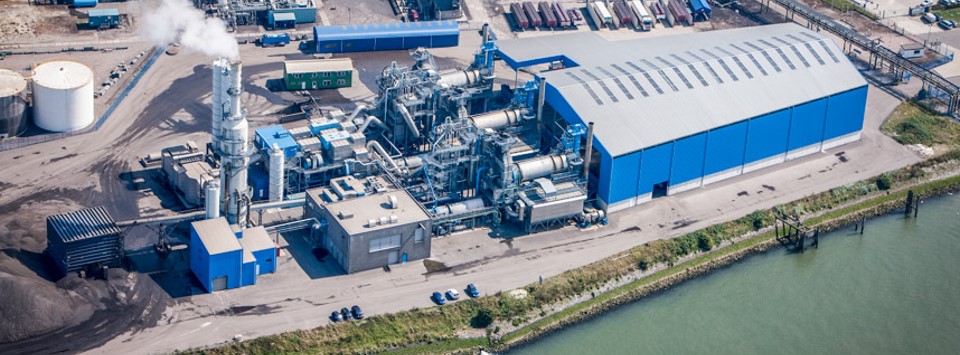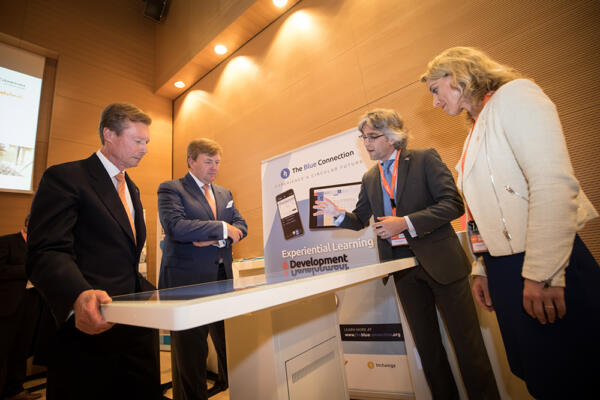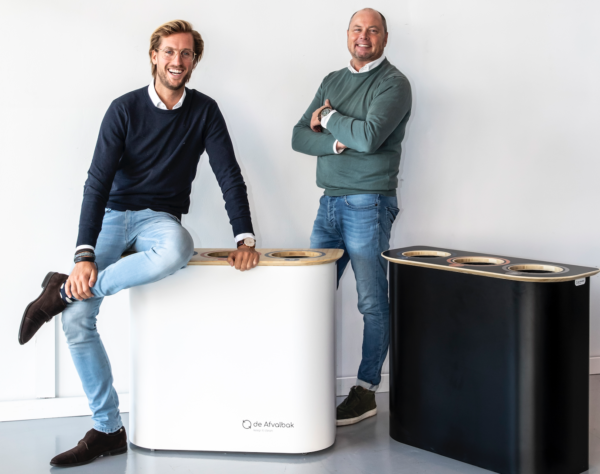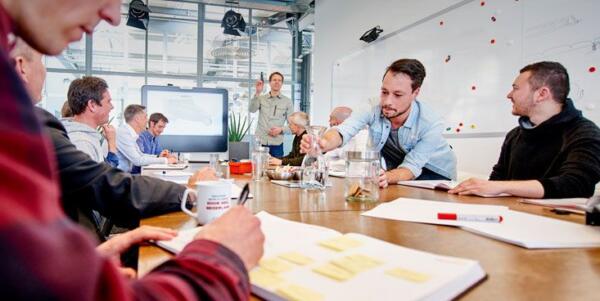Port of Rotterdam – Cooperation is key for the transition
The Port of Rotterdam Authority is committed to playing a leading role in the global energy and raw material transition. Rotterdam is home to one of the largest complexes of refineries and chemical plants in the world. Combined with the port’s extensive network connections with the hinterland, this makes Rotterdam an ideal circular hub for the raw materials transition.
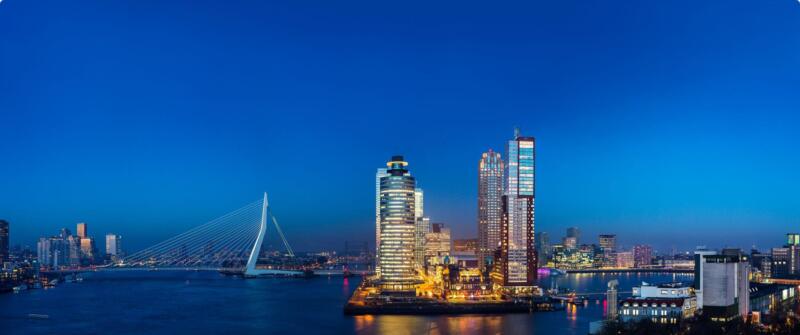
"An ideal circular hub for the raw materials transition."
Concrete circular economy projects
With the vision of having local industrial and logistics activities in the region completely circular by 2050, the Port of Rotterdam Authority is working together with a wide range of partners on a number of projects, following four key circular pathways: innovation and scaling-up; sorting and recycling; industrial symbiosis; and capture and reuse of CO2.
Waste to Chemicals
Port of Rotterdam with Air Liquide, Enerkem, Nouryon and Shell are developing the first plant in Europe that processes 360,000 tonnes of non-recyclable waste (more than the annual waste from 700,000 households) into 270 million litres of sustainable methanol.
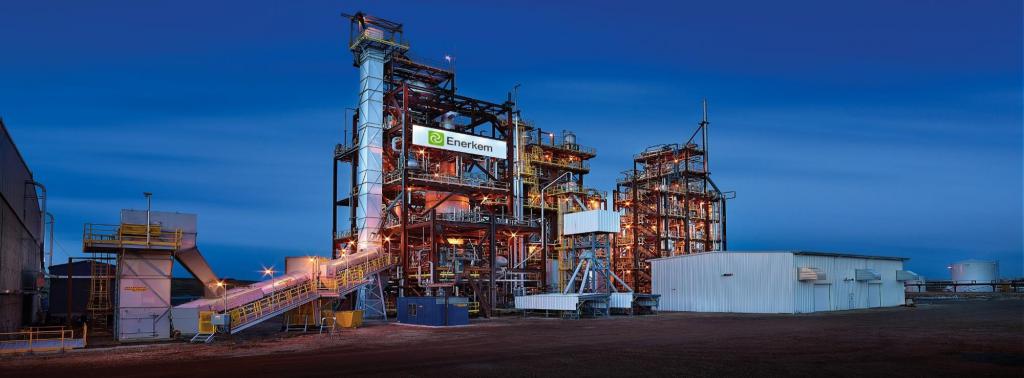
Carbon Capture Usage and Storage
Port of Rotterdam, Gasunie and EBN are jointly preparing a project in which CO2 generated by the industry in Rotterdam’s port area is captured and stored in empty gas fields deep in the North Sea seabed. By 2030 they expect to be able to store between 2 and 5 millions tonnes of CO2 every year.
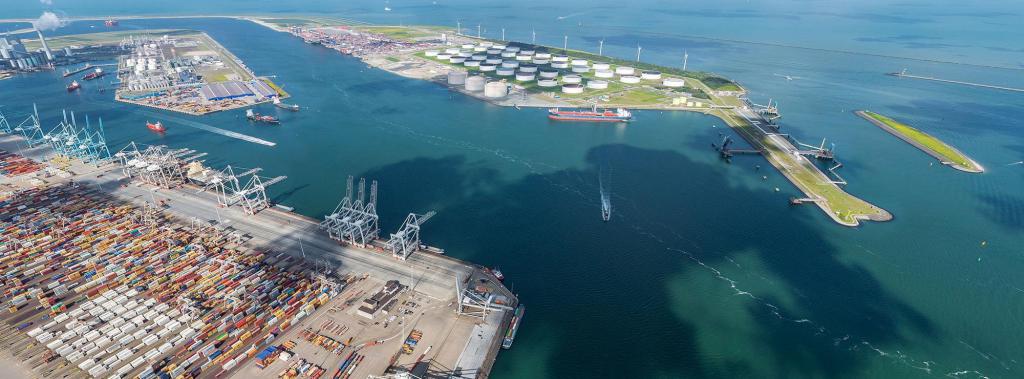
Carbon Capture Utilization
Alta Innovation Support does not consider CO2 as an emission but uses it as a raw material for the chemical industry in particular.
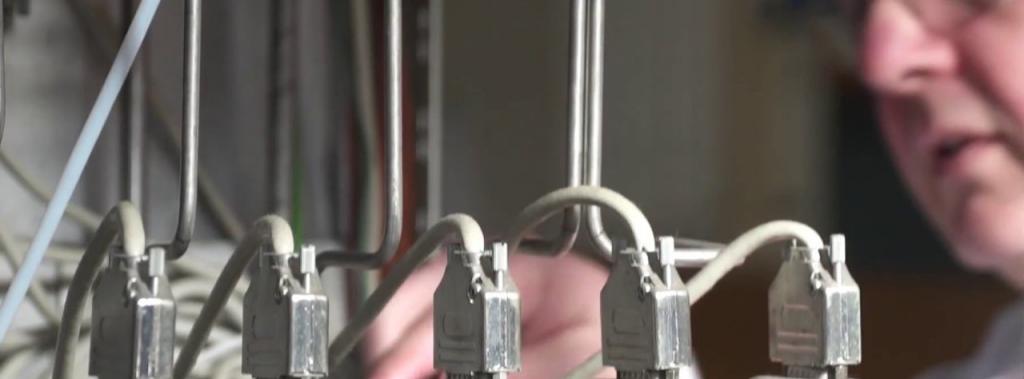
Beaumix
Contractor Boskalis uses building material from waste to construct an overpass at Maasvlakte 2. The cleaned material has even better properties than sand.
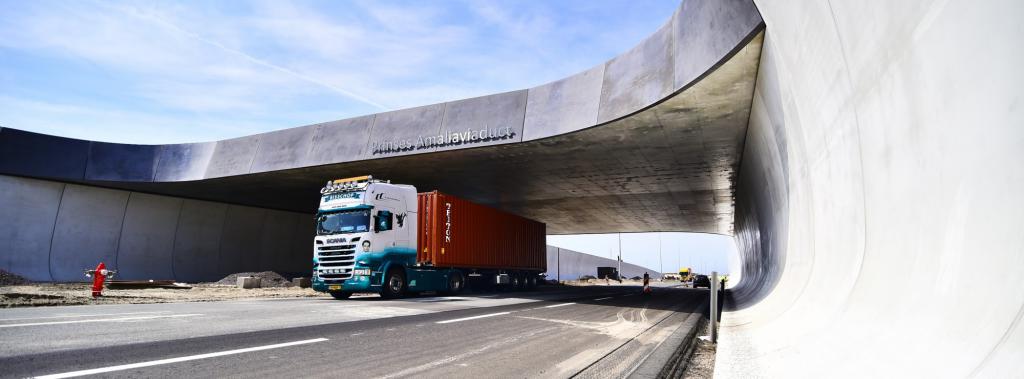
Heat network
Residual heat generated in the Port of Rotterdam supplies heating and warm water to potentially 500,000 households, greenhouses and to companies that require heat in their production processes.
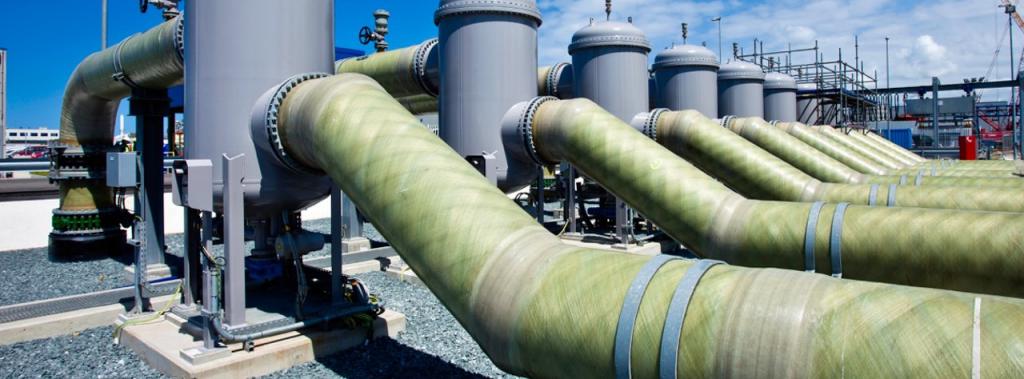
Reko thermal cleaner
Reko has started construction on a new thermal decontamination plant that will be able to convert an annual total of 1.2 million tonnes of residuals into base materials, electricity and heat.
